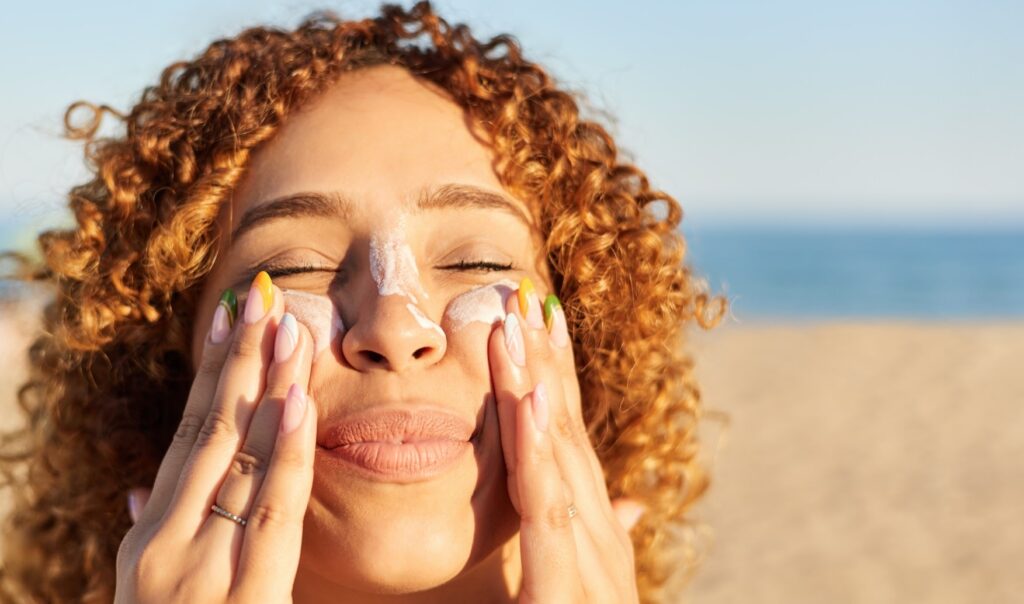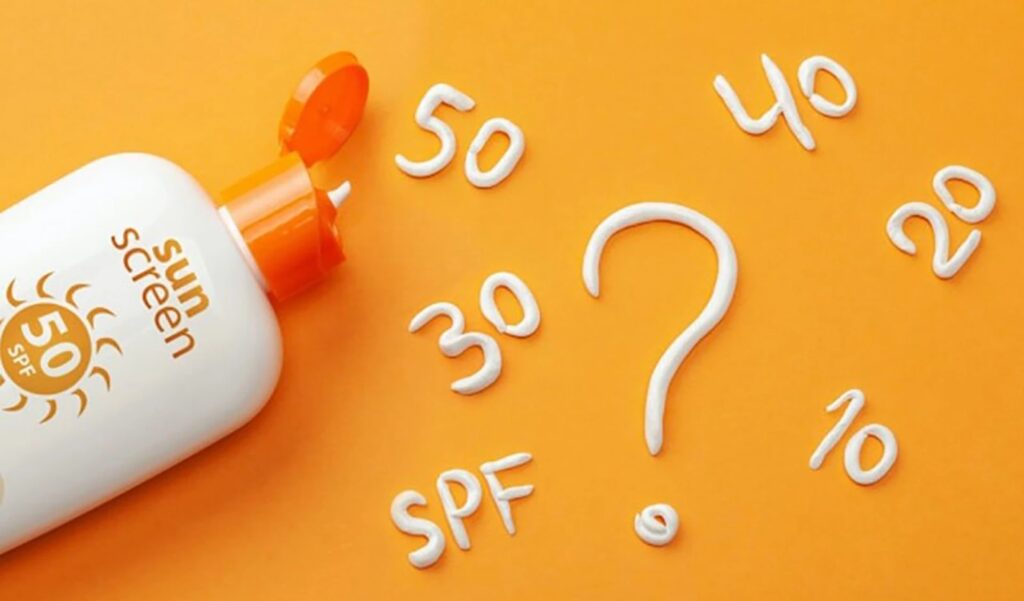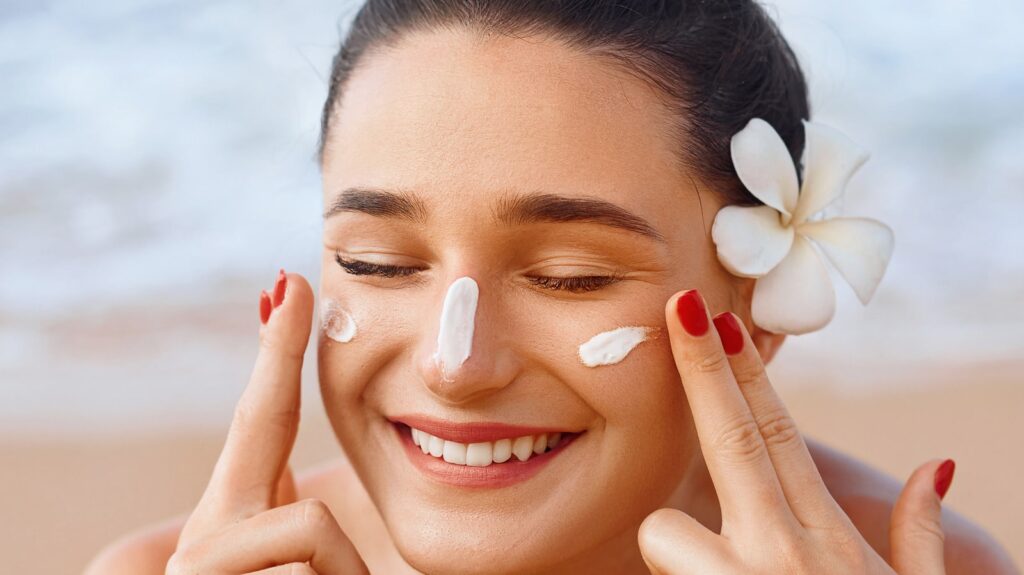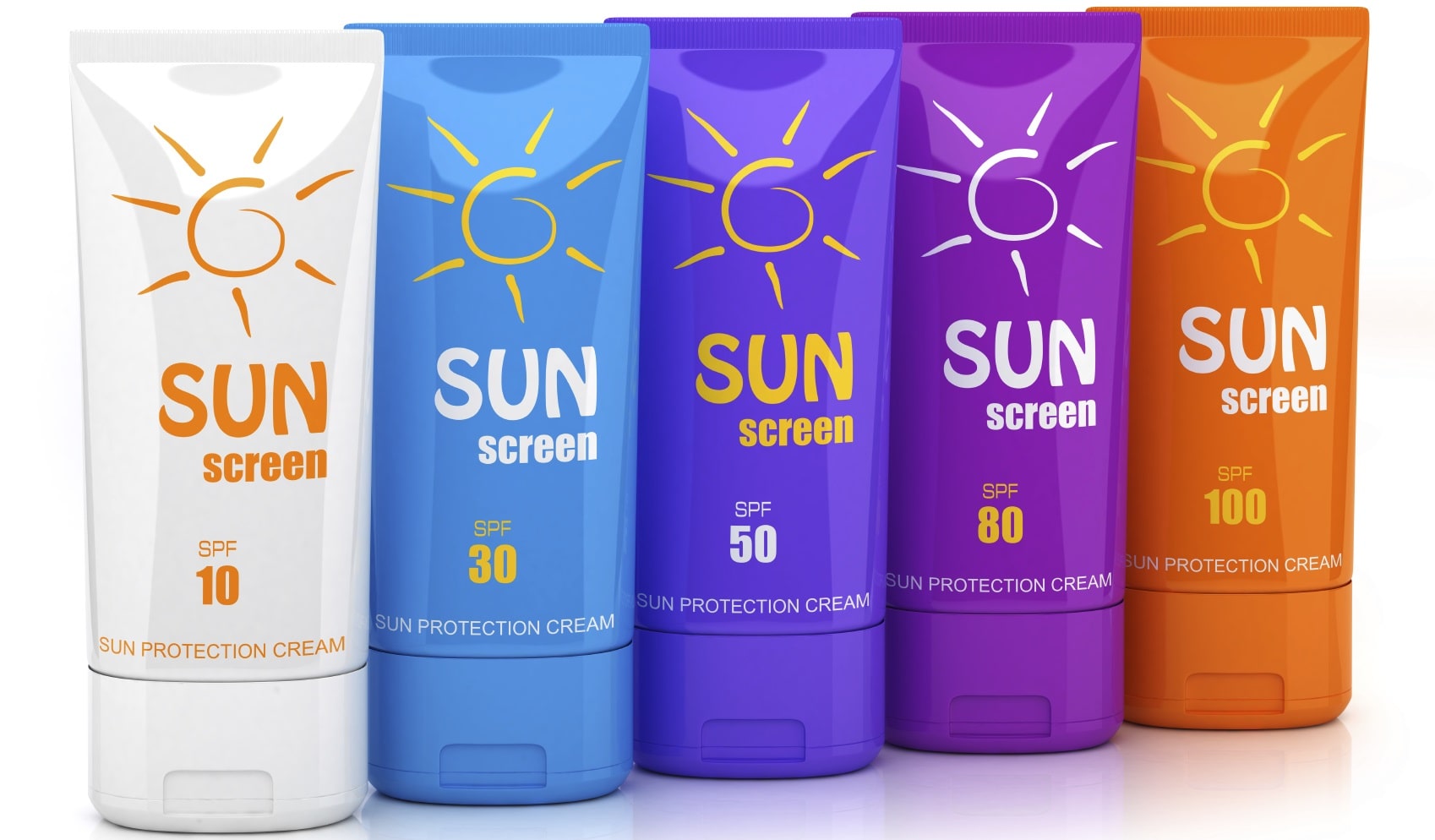Discover why sunscreen is crucial for skin protection from harmful UV rays and cancer prevention. Learn about the benefits, types, and how to choose the right sunscreen for your skin.
The greatest and simplest method to maintain the vitality and beauty of your glowing skin at any age is to use sunscreen as your first line of defense. The Importance of sunscreen becomes more dominant when it helps to fight against many issues like sunburn, skin cancer, inflammation, wrinkles, and early aging. Never underestimate the importance of sunscreen, as it is an essential part of daily skincare routines.
In this blog you will have 100% information about the importance of sunscreen, we will dig deep into why sunscreen is crucial, its benefits, and how it works. Moreover, explore tips for choosing the right rate of SPF, learn broad-spectrum protection, and incorporate sunscreen into your skincare routine.
The Benefits of Sunscreen
Everyone is impacted by the UVB rays of the sun. Anyone older than six months should apply sunscreen every day to protect their skin. The Importance of sunscreen is crucial in protection even if you don’t get burned or tan.

Reduce the Risk of Skin Cancer
One of the most important benefits of using sun protection is its role in reducing the risk of skin cancer. Many skin issues, like wrinkles, early aging, and dark spots, are the result of highly penetrating UVA sun rays. Using SPF 30 many times daily is the most widely accepted method of protecting against the sun’s harmful rays.
Reduce Sunburn
Every dermatologist stresses how the importance of sunscreen is crucial to protect your skin and avoid being sunburned. Spending long periods of time outside without sunscreen will result in sunburn. Frequent sunburns can cause damage which can result in early wrinkling and other skin problems like hyperpigmentation and melasma. With so many alternatives available on the market, selecting a sunscreen might be confusing. Be sure to choose a sunscreen with a high SPF that covers a broad spectrum of rays.
Reduce Skin Inflammation
UV radiation exposure to our skin can result in acne, redness, and irritation. The Importance of wearing sun protection every day is that it helps to reduce the risk of inflammation caused by deeply absorbed UV radiation. Thus, the daily wearing of sunscreen has the dual benefits of protecting skin from damaging UV radiation and preserving its youthful appearance all day.

Maintain healthy skin
Hyperpigmentation, melasma, dark circles, and sunspots are the worst forms of exposure to the sun. Continuous use of sunscreen or sunblock effectively helps combat these conditions and maintain a more smooth, spotless, and glowing skin tone.
All Sun Protections work the same way?
Sun Protection creams and sprays can prevent sunburn in different ways. The 2 most common types are sunscreen and sunblock. These both products, designed to protect the skin from harmful UV rays, but they both work in different ways.
Sunscreen absorb UV rays while Sunblock deflect them. Let’s explore them in more depth for better understanding.
Differences between sunscreen and sunblock
Sunscreen
A product that includes some chemicals that absorb UV rays from the sun before they reach your skin is referred to as “sunscreen.” It contains active components that are identifiable, don’t leave a white residue on the skin, and are really simple to apply. Sunscreens use chemicals like avobenzone and oxybenzone to absorb UV rays and convert those rays into heat, which is then released from the skin. You need to apply it about 15-30 minutes before sun exposure for it to be effective.
Sunblock
The manner in which sunblock functions differs from that of sunscreen. The active components of sunblock protect you from the sun by reflecting, rather than absorbing, rays. This provides immediate protection upon application, so there is no need to wait before sun exposure. Sunblock contain physical filters like zinc oxide and titanium dioxide to reflect UV rays. Sunblock is usually thicker and more opaque, often leaving a visible white residue on the skin.

Importance of Applying Sunscreen Frequently
Applying sunscreen to exposed areas of the body is highly recommended for skin protection. The most common question about the wearing of sunblock is, “How often should it be reapplied”? Most people also ask “How long does sunscreen last on face”.
So the answer is, Regardless of the SPF rating, it’s advisable to reapply sunscreen every 2–3 hours. Even if your sunscreen is labeled with a ‘Waterproof” tag you have to reapply after every 2 to 3 hours of gap. According to the Food and Drug Administration (FDA) There’s no such thing as waterproof sunscreen.
To ensure maximum protection for your face, you should follow the standard duration advised by the FDA, because sunscreen typically lasts no longer than 2 to 3 hours.
So the most common puzzle about how often to apply sunscreen is sorted out. If you spend the majority of your day outside, even in gloomy and cloudy conditions, reapply every two hours or right away after swimming or intense physical activity.

What is the SPF rating and Broad Spectrum?
SPF Rating
SPF stands for Sun Protection Factor. It is a number that tells you how well a sunscreen will protect your skin from getting sunburned by UVB rays. Let’s break it down, If you are wearing a product with SPF 15 it means you are protected from 93% of UV rays, and can stay in the sun 15 times longer than you could without any protection before getting sunburned.
What SPF rating should be used? It is advised by the dermatologist to use an SPF of at least 30, which filters 97% of UVB rays. A tiny bit more UVB radiation is blocked by higher SPF values than by lower ones. A sunscreen cannot completely prevent 100% of them.
Broad Spectrum
Broad spectrum SPF protects your skin from both types of harmful UV rays. UVA and UVB.
UVB rays cause sunburn, while UVA rays can cause skin aging and wrinkles. Using a broad spectrum sunscreen helps protect your skin from both, sunburn and photoaging. Buying a broad spectrum sunscreen makes it a better choice for keeping your skin healthy and protected.
Is sunscreen good or bad?
Here a question arises: Is sunscreen good for your skin? Truly speaking, no matter Whether it’s a cloudy day or the height of summer, the sun’s ultraviolet rays pose a significant risk to our skin.
There are many advantages and some disadvantages of sunscreen for some specific reasons. Let’s discuss these briefly so you get a clearer picture of which sunscreen you should choose for your skin type.

Advantages of Sunscreen
The biggest advantage is its role in reducing skin cancer risk. By blocking UVA and UVB rays, sunscreen shields your skin from the DNA damage that can lead to cancerous growths.
Sunscreen is your defense against painful sunburns, which are not only uncomfortable but also damage skin cells. Although we should not completely rely on sunscreen, wear protective clothing, hats, and sunglasses, and be mindful of peak sun hours.
Regular sunscreen use can help slow down signs of aging, wrinkles, and fine lines.
The use of sunscreen from a very young age can also prevent Melasma and hyperpigmentation on your face.
Disadvantages of Sunscreen
If you have sensitive skin, it’s crucial to select the correct product according to your skin concern. Sometimes, the use of sunscreen is bad because there’s a danger of irritation or skin response with everything you put on your skin.
Additionally, some sunscreens include oil, and non-comedogenic which can clog pores and result in acne. In this case, you should always choose a non-comedogenic, non-perfumed and water-based sunscreen.
Sunscreen can slightly decrease your body’s ability to naturally produce vitamin D from sunlight. However, most people get enough vitamin D through diet pills and short periods of unprotected sun exposure.
Melanin and Sunscreen Connection
Melanin is a pigment that gives color to our skin, eyes, and hair. It also acts as a natural defense against the UV rays. Melanin absorbs UV rays to some extent preventing it from damaging the skin’s DNA.
People with darker skin have more melanin than people with lighter skin, which is why they are less likely to sunburn. But still, they can get sun burn, wrinkle and damage because of the sun if does not wear sunscreen.
Here’s a table summarizing the SPF recommendation based on skin tone. It’s just a basic guideline. You can adjust the SPF rating according to the weather and the duration you spend in the sun.
| Skin Tone | Recommended SPF |
| Light | 30 or higher |
| Medium | 30 or higher |
| Tan | 15 or higher |
| Dark | 15 or higher |
Conclusion
By making the habit of applying sunscreen every day, you can enjoy the sun safely and confidently. Educate yourself about your skin, as it is the largest organ and first defense line. Of course, it deserves the best protection you can give.
As you maintain your skincare routine, like brushing your teeth and eating a healthy diet, you must also include the wearing of sun protection and its reapplication.
The benefits of SPF are not only protection but also extend beyond keeping your skin tone even in all conditions. Remember to take care of your skin by not forgetting to use sunblock on all exposed areas of the body.


3 thoughts on “What is the importance of Sunscreen or Sunblock”